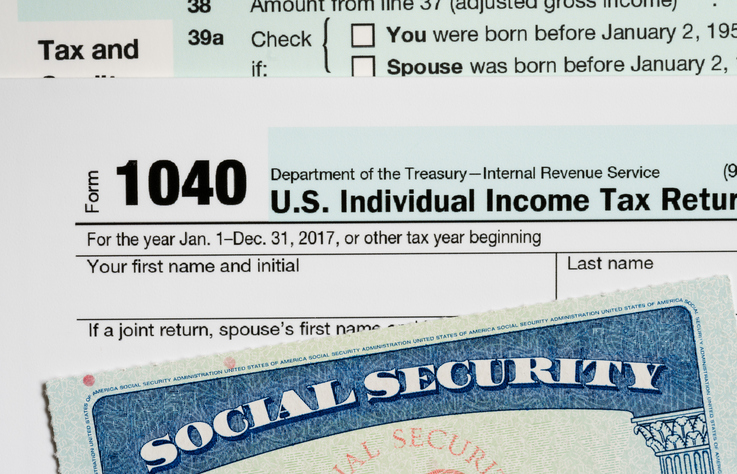It’s tax time, and it’s not just the government that wants your money. There are plenty of scam artists who view the annual ritual of filing tax returns as an opportunity to trick and defraud taxpayers. Criminals can make good money selling W2s and tax information, and identity theft provides even more ways to make a buck. Using fraudulent emails as a lure — or phishing — is a common tax scam among these opportunistic thieves.
During the 2016 tax season, phishing and malware incidents increased by 400 percent. And, in the last few months, there’s been a surge. Between December 2016 and February, there was a 6,000 percent increase in tax-related spam emails according to research by IBM X-Force.
The IRS website warns of a variety of common tax scams. Emails that appear to come from tax software companies ask clients to update the personal information in their accounts. Another phishing ploy involves criminals posing as taxpayers who ask their tax preparer to make a last-minute change to their refund destination. Then there’s the scam alerting taxpayers that they are delinquent in the payment of taxes under the Affordable Care Act, and the fake notices come in the form of an email attachment. The list goes on. That’s why it’s important for your company to have a sound email policy so that your employees are trained on what is safe online behavior.
The criminals aren’t expected to rest once the filing deadline passes. They know taxpayers will be eager to respond to questions about refunds, payments, or other IRS follow up. Phishing emails may ask for information to verify filing status, personal details, or bank information.
Always be wary of any email asking for sensitive information, and don’t trust links provided in emails, which can lead to convincing counterfeit websites. The IRS does not make initial contact with taxpayers via email nor does the agency request sensitive data in email messages. Urgent texts should raise suspicion as well. Opening attachments is another no-no, as malware may be downloaded on your machine and give criminals access to personal information stored there or your keystrokes.
There are some changes in the federal tax collection practices this year that may raise questions. A new law allows the IRS to contract with collection agencies to improve the recovery of unpaid taxes. However, the IRS will always contact the taxpayer first by sending a letter to alert them that they will be hearing from a collection agency. Those private companies will also use regular mail to initiate contact.
Don’t let the stress of tax season cloud your judgment. If you are unsure about a communication related to your taxes, take the time to verify it. The claims of IRS impersonators that you must act immediately or you’ll be hauled off to jail don’t jibe with reality. The IRS will contact you multiple times and give you the opportunity to ask questions about any tax debt. If you are suspicious, you can call the IRS directly. Remember to look up the number on your own. Don’t click on or trust the information provided by a suspect email.
What common tax scams have you encountered? Contact us and let us know!

